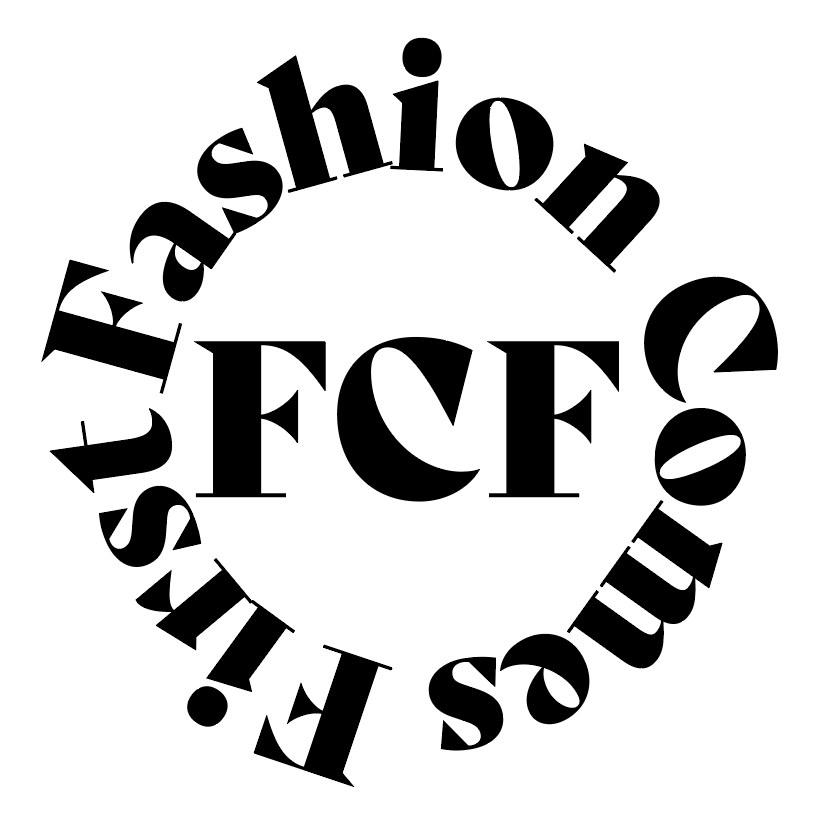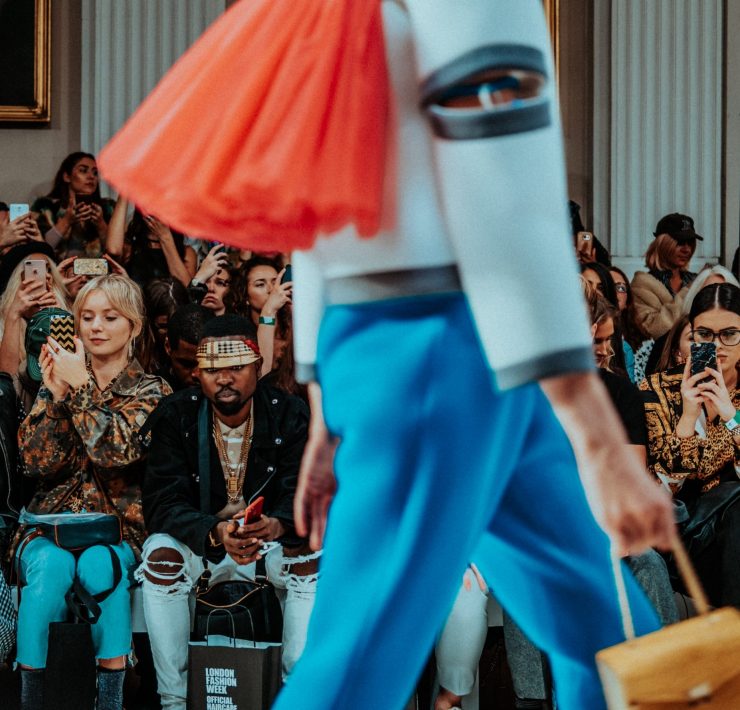With a worldwide pandemic still at large, it’s safe to say that everyone has either experienced or witnessed some of the negative economic repercussions COVID-19 has brought. With so many small businesses going under in the past few months from a lack of income and assistance, our new reality seems rather daunting. It begs the question: What does this new reality look like for the $2.5 trillion fashion industry? It looks a little grim for an industry in which 80% of transactions still occur in brick and mortar stores.
Unsurprisingly, the lockdown has not been beneficial for the fashion industry. Since March, apparel sales have been down 25%, and some designers have already announced that they are planning on reusing their 2020 spring and summer collections in 2021. Additionally, stores are closed, production has ceased, and demand isn’t there for new items. The trepidation consumers feel most likely stems from the trend rotations. There’s no point in buying something now when none of us know when we’ll be able to wear these fresh pieces in a social setting. By the time this is all over, the items once purchased may not only be out of style but also out of season.
However, there has been one saving grace for the fashion industry throughout the pandemic— loungewear. As a result of people spending more time at home, loungewear sales have spiked, and companies like Gap, H&M, and Revolve are having more loungewear discounts as the pandemic continues.
No one is certain about what the future will hold for the fashion industry. Many notable experts in the field are taking this time to re-evaluate their current operations and future plans. Anna Wintour said recently, “I think it’s an opportunity for all of us to look at our industry and to look at our lives, and to rethink our values, and to really think about the waste, and the amount of money, and consumption, and excess that we have all indulged in and how we really need to rethink what this industry stands for.” Taking a remarkable stand for sustainability and against overconsumption, she continued, “I feel very strongly that when we come out at the other end, people’s values are going to have shifted.”
Imran Amed, founder and CEO of The Business of Fashion, has described what is happening in the industry as an “existential crisis.” He has also noted that this slow down in the industry is going to “accelerate the fashion industry’s engagement with digital technology and its desire to rethink the fashion calendar, but it will also accelerate the approach to sustainability and building responsible businesses.” Before that can happen, however, he also says that we will be seeing “a wave of insolvencies and bankruptcies as the year continues,” while also noting that “[T]his is the largest crisis that the modern industry has ever faced.”
Consequently, what can we, as consumers, do? The largest impact one can make is to support local designers. These small named brands who have just started or are finally seeing a demand are crucial to the future of fashion. This pandemic has the power to wipe out an entire generation of designers before they even have a chance of making it into department stores or onto runways. As consumers, our job is to seek out these talented designers and not allow them to become a victim of the reality that many are currently facing.
Here are some of our favorite designers who have recently been making waves despite the global pandemic:
- Los Angeles based Bethany Yellowtail is the CEO and designer for B.Yellowtail, whose tagline is “Indigenously Designed For All.” She is known for her designs reflecting her Indigenous heritage stemming from the Northern Cheyenne and Crow tribes. As her website says, “In a world where indigenous images are often stolen and misappropriated, Bethany serves as an unapologetic arbiter of authenticity; a genuine voice who seeks to empower her people through design and representation.”
- Lirika Matoshi launched her namesake line in 2016 at the age of 20. She got her start making accessories on Etsy and now has a wide range of apparel and accessories. Sticking to her roots, Matoshi still sells on Etsy but also has a brand website for shopping as well as pieces in department stores like Nordstrom. Her website describes her label as “…both effortlessly romantic and intrinsically sophisticated—adding a hint of sparkle to any everyday outfit.”
- Jevon Taylor is an activist and designer out of Denver, CO. In 2018, Taylor launched False Ego Apparel, which seamlessly merged edgy streetwear and sustainable fashion. False Ego was a crowd favorite at Taylor’s debut show at DFW Fall ‘19. Each t-shirt, sweatshirt, and hoodie is made from 100% certified recycled cotton, bamboo cotton, and Supima cotton from a California farm. The brand’s motto, “a part of everything,” reminds consumers that we all have an extensive impact.
- California based Shami Oshun launched her brand in 2015 and, in 2017, started experimenting with 3D printing as wearable art. At 20 years old, she has built an eclectic brand with high fashion, ready-to-wear pieces using cutting-edge technology.
While the door has closed on the fashion industry that we once knew, it has created many opportunities for small businesses and young designers to thrive. Additionally, the lockdown has forced key players to reevaluate how they handle their operations in order to promote accountability, inclusion, and sustainability. Although world-renowned, mainstream designers will eventually make their return to the runway, this change of pace could prove beneficial for the industry as a whole in the long run.













